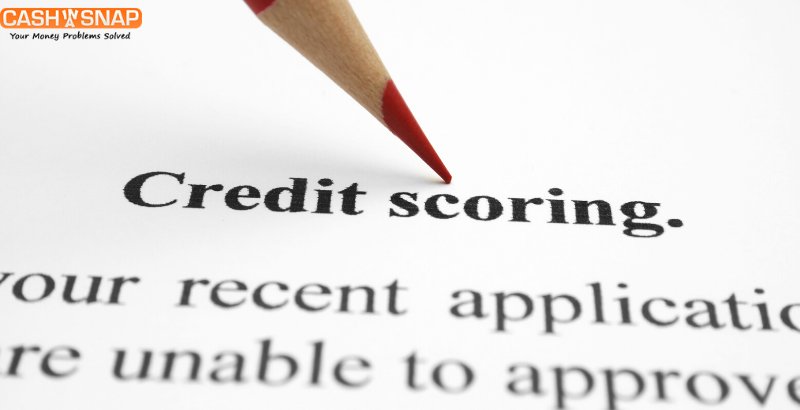Many people have poor or bad credit. No matter your score, there are ways to improve it quickly and save a lot of money in the future. The first is to get your debts paid off. Start with the highest interest but small account that you can get paid off. Then go to the next and so on.
Read more
Most people seeking a bad credit loan do have poor credit and may have exhausted most of the available options to get a loan. If you are short of cash to repair your car or pay a medical or a utility bill, you need money right away and likely will not be able to seek a traditional loan as they take too much time to apply for and process.
Read more
Generally, if you have a bad score, you will pay higher interest rates when you borrow. For example, if you get a new car, bad credit history often impacts other things like your auto insurance. And, in some cases, your bad credit may stop you from getting a job as many employers now do credit checks before they hire someone.
Read more
Your credit score is a critical factor that banks and other financial institutions use to decide whether to give you a loan or credit card. While it is important to know the things that help you build a good credit score, you must also know the things that could hurt your credit score.
Read more
Your credit score may decrease if your credit report has any suspicious activity or you are a victim of identity theft. Make sure to report any suspicious activity to your banks, lenders, and credit bureaus.
Read more
One of the biggest worries that everyone has in their lives is money. Worrying about bank account balance when buying groceries, shuffling around bills, avoiding debt collection calls - these are all real problems that millions of Americans face everyday and feel helpless about.
Read more
Bad credit can be a burden for the rest of your life if you let it. Running up large credit card bills or failing to make payments on your loans can damage your credit score and make it difficult to borrow money when you need it.
Read more












